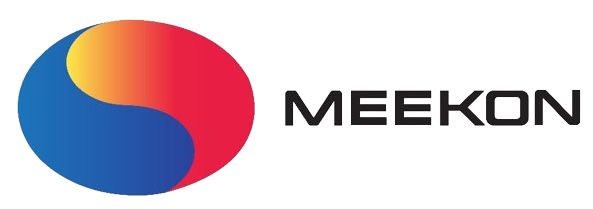- Home
- Page
Sourcing Services
Product Sourcing Process
Our Product sourcing processes are designed to maximize efficiency, minimize risks, and deliver superior quality products at competitive prices. We believe in making the sourcing process as smooth and hassle-free as possible for our clients.
- Needs Assessment
- Supplier Evaluation
- Factory Audit
- Request for Quotation (RFQ)
- Sample consolidation
- Price Negotiation
- Placing Order
- Arrange Payment
- Supplier Management
- Pre-Production Inspection
- Raw materials, components, and accessories
- semi-finished products
- Prototypes or customer approved samples
- Production equipment
- Workshop environment
- Make sure the factory is not using your deposit for other orders.
- Ensure that the quality and quantity of raw materials and components are in accordance with the agreement.
- Avoiding delivery delays due to material handovers and production scheduling
- Avoid production with inappropriate equipment
- Avoid mixing defective products into shipment due to unclear defective area
- During Production Inspection
- Verify if production is in progress
- Evaluate whether capacity matches delivery dates
- A random sampling of finished products
- Check the packaging, labels, tags, etc.
- The During production inspection should take place at the earliest possible date after production has stabilized so that the quality inspector can get an idea of the manufacturer’s actual production performance.
- An early inspection of the finished product coming off the production line helps to avoid irreversible problems
- Verify if the manufacturer is capable of producing the standard required by the customer
- Verify if the manufacturer respects the customer’s requirements
- If issues are found during pre-production inspection, the inspector can follow up during in-production inspection.
- Production Monitoring
- Verify if production schedule is on track
- Verify if the specifications of the finished product meet the customer’s requirements
- On-site testing on the finished product to understand its performance
- Constantly observes processing procedures to ensure proper operation
- Production monitoring can prevent shipping delays.
- Production monitoring allows the factory to identify and correct problems as soon as they occur.
- Pre-Shipment Inspection
- Quantity of products produced
- Product appearance
- Product workmanship
- Product performance and functionality
- Product size and weight
- Packaging and marking of products
- Packing method
- Accessories for products
- Gives you the best quality control results and cost ratio
- Verify if the goods are 100% manufactured
- Verify the specifications and performance of the entire lot.
- Avoid shipment delays due to product problems
- Avoid making final payments for faulty goods
- Container Loading Supervision
- Quantity verification
- Traceability of products – including verification of production codes, plant numbers and stock numbers against a packing list or invoice
- Verification of external and internal operating conditions of containers
- Cleanliness inspection of trailers or containers for debris, insects and vermin, for example
- Temperature monitoring inspection
- Packaging
- Labelling
- Shipping marks for regulatory compliance (for example bar code checks)
- Documentation of any damage observed during loading
- Photographs of packing and loading processes
- Documentation of container, vessel and seal number
- Container Loading Check
- Check the container condition to avoid leaks and odors
- Check the container number and seal number to make sure it’s the right container
- Random sampling on packed products to ensure they are the correct products
- Make sure the carton is not damaged and is strong enough
- Ensure that mixed goods are loaded in the sequence required by the customer
- Prevent damage to packaging or cargo caused by improper loading
- Laboratory Testing
- Final Random Inspection
- Quality (appearance, performance, and workmanship)
- Quantity
- Packaging
- Labelling
- Shipping marks to achieve regulatory compliance (for example bar code checks)
- Transportation
- Drop checks
- Production Management
- Quality Control
- Logistics and Supply Chain Management
- Arrange Shipment
- After-sales support
